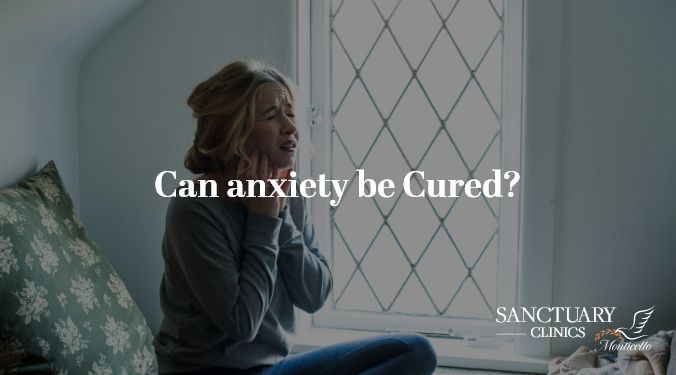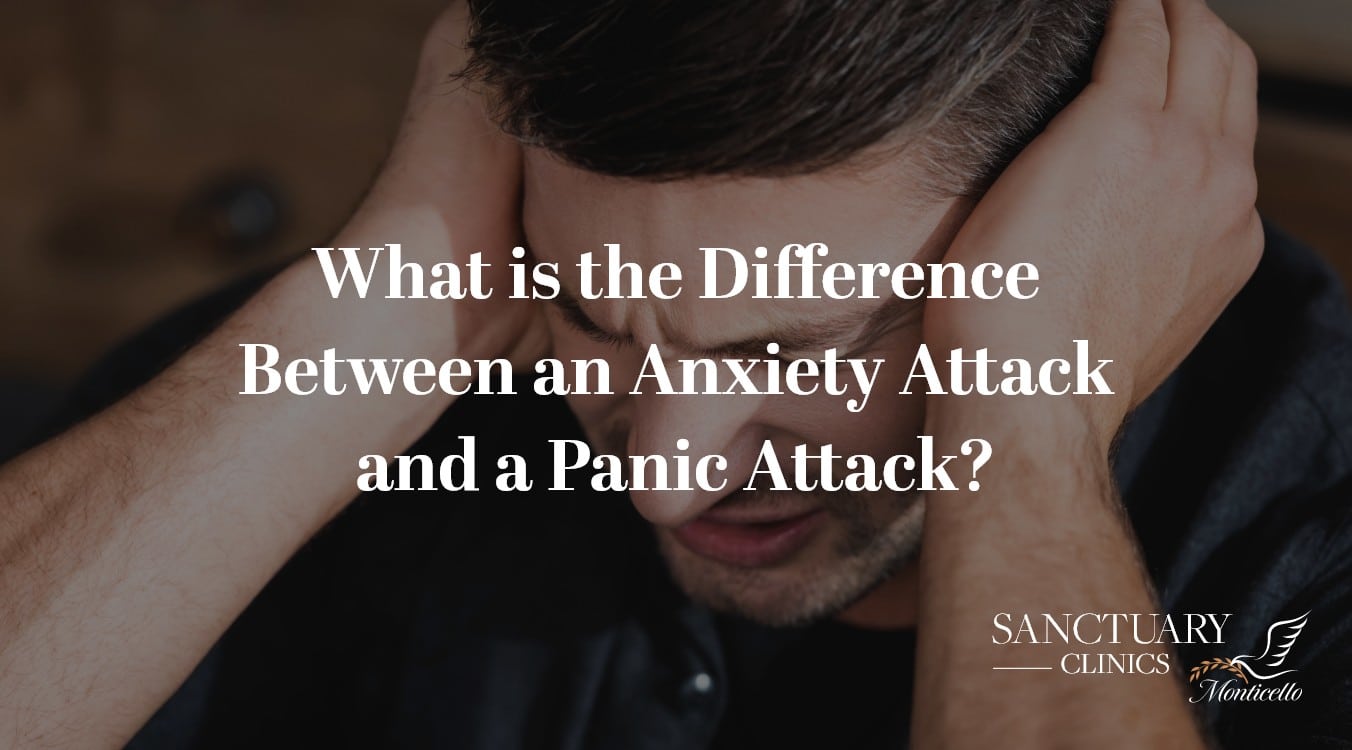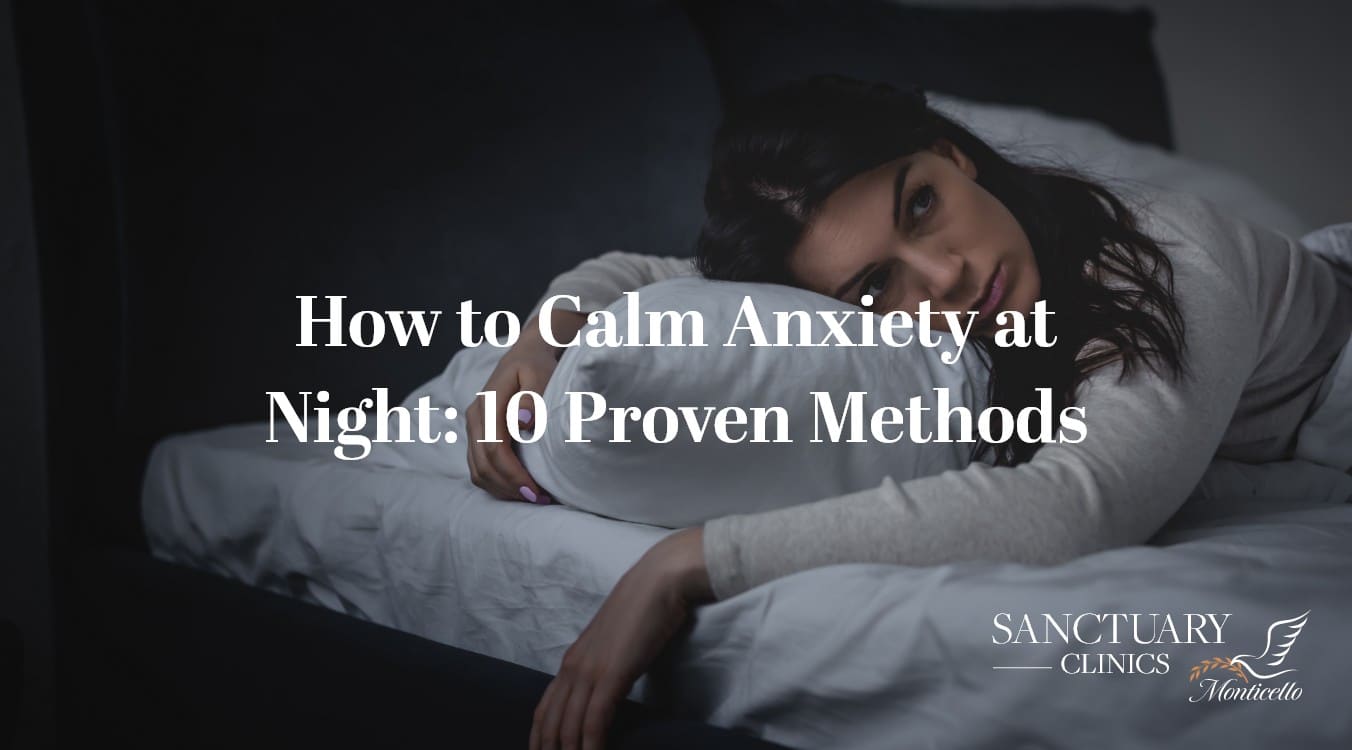You have a presentation to make at work or school and you develop nerves, experience butterflies and even have thoughts of backing out. This is what anxiety looks like. Typically, those anxious feelings go away after the presentation, however if the anxiety remains and becomes a hindrance to your daily living, this can be termed an anxiety disorder. You may benefit in seeking professional help.
No. Anxiety disorders cannot be cured but they can be managed. Often anxiety occurs as a result of fear and worry. Sometimes it results from a sense of lacking control in a situation. While anxiety disorders cannot be cured, they can be controlled in such a way as to prevent anxiety from hindering your everyday life.
Symptoms of anxiety
- Perspiration response triggered when one feels afraid or threatened
- Hyperventilation or fast breathing
- Hypervigilance or being overly alert of what is happening around you
- Lack of concentration, constant worry
- Feeling nervous and restless
- Stomach upset
- Having a sense of impending danger, panic, or doom
- Overthinking of a situation
The symptoms that accompany anxiety may lead you to experience feelings of helplessness, thus increasing worry but it is important to know that the symptoms do not necessarily reflect the reality of the situation at all times and help is available.
Causes of anxiety
- Traumatic experience. An emotional response to a terrible traffic accident, for instance, may lead to feelings of nervousness while riding in a car.
- Medical conditions:
- Heart disease
- Diabetes
- Thyroid diseases
- Drug and alcohol abuse/misuse
- Some medications cause side effects which manifest as palpitations and increased heart rate.
- Family or relationships issues
- Big life changes or transitions such as loss of employment, divorce or the death of a loved one.
- Diagnosis of a chronic condition
- Caffeine use
- Genetic factors
Risk factors that potentially lead to anxiety
These are factors that are most likely predispose one to anxiety
- Genetic pre-disposition – If there has been history of anxiety in your family then you are at higher risk to experience it. However, according to www.webmd.com, science has yet to find an “anxiety gene,” so just because you have a close relative or parent with anxiety disorder doesn’t mean you will get one too.
- Alcohol and drug abuse – Anxiety can also cause one to self-medicate which, in most cases, worsen the situation. Alcohol has a sedative effect which may provide temporary relief but eventually wears out and influences many chemicals in the brain including serotonin, dopamine, and GABA. GABA is a chemical that causes relaxation, but heavy drinking can deplete GABA, increasing tension and feelings of panic.
- Stressful situations – Stressful environments like high stress jobs, deployment, family stress, health or financial worry.
- Loneliness – Long periods of isolation may lead to anxiety and overthinking.
- Gender – Women are more likely to be diagnosed with anxiety and panic disorder than men, although it’s not clear why.
Types of anxiety
We have all experienced anxiety at some point in life, Anxiety is a normal response to a stressful or threatening situations, perhaps right before an exam or a competition for instance. Typically, these feelings would go away after the event, but if the feelings continue for an extended period after the event has ended, interfering with daily activities, this may be classified as anxiety disorder.
There are different types of anxiety disorders, but they all present with similar symptoms of excessive worry and fear, Common types include:
- Generalized Anxiety Disorder – Feelings of extreme worry and panic with no triggers or reason.
- Panic Disorder – Characterized by panic attacks, manifest with pounding heart rate (palpitations), hyperventilation, trembling or shaking, sweating, gripping fear and sense of doom.
- Phobias – Extreme, irrational fear about a specific thing or situation like an insect, or situations like heights, etc.
- Social Anxiety Disorder – Fear experienced in social settings, that you will be judged, criticized, embarrassed, or humiliated
- Post-Traumatic Stress Disorder – A form of anxiety related to experiencing a life-threatening ordeal.
The difference between an anxiety and panic attack
- Anxiety is characterized by prolonged fear and worry, while panic attacks occur suddenly and cause uncontrollable fright, halting normal activity.
- Anxiety disorder may predispose one to panic attacks if not treated or dealt with.
- Anxiety can have a specific trigger such as work or relationship stress while a panic attack may not have a specific trigger.
- Anxiety develops gradually while a panic attack often occurs suddenly and unexpectedly and lasts between a few minutes and an hour.
It is important to note that the term “anxiety attack” is not listed in the Diagnostic and Statistical Manual. 5th Edition.
How can one manage anxiety?
Anxiety experienced day to day due to various stressors can be managed, but when it becomes prolonged and occurring even without a stressor, disrupting daily living, professional help should be sought. A family, job or relationship situation that is out of your control can cause constant worry, interrupting sleep and even causing your productivity to decrease.
How do you calm anxiety? There are several ways that you can try to ease anxiety at home:
- Breathing techniques
- Stand still at a quiet and calm environment, focus all your attention on your breathing pattern. Breathe in slowly through your nose and place hand on your belly such that you feel a rise. Then exhale slowly through slightly pursed lips. Do this three times and working up to five to 10 minutes, one to four times a day.
- Mindful breathing involves focusing on your breathing and bringing your attention to the present without allowing your mind to drift back to the past or ahead to the future.
- Talk to a friend. They say “a problem shared is a problem half solved.” As humans, we sometimes tend to magnify a situation, beyond its actual weight. Breaking it down with a trustworthy friend encourages relief and often provides different solutions.
- Exercise is a way to get your mind off a situation that is causing anxiety. During exercise, endorphins or our ‘feel good hormones’ are produced which improve your mood. Including exercise in your daily routine is important.
- Plan time to wind down. After a long day of activity. It’s important to plan down time. Running a warm bath, listening to calm music, dimming lights, lighting scented candles—these are all good winding down aids. Avoiding screens (phone, computer or television) for an hour before bedtime is known to enhance relaxation. Melatonin rich foods can help you get more restful sleep each night; a glass of warm milk, cashew nuts, tart cherries, bananas are good. Foods to be avoided are spicy foods that can trigger acid reflux and discomfort, and things like chocolates (high in sugar and often contains caffeine) can keep you up at night.
- Quiet time. You can set aside a quiet time early in the morning before you start your day or in the evening before bed, or even twice in the day. This involves taking time to read your bible and pray. What you tell yourself is really important to your wellbeing and God’s word affirms and encourages, setting yourself up for a good day and a good night’s sleep. Talking to God and giving Him your cares and worries lifts a burden off of you, reminding you that you have a superior being who is looking out for you and who will meet your needs.
- Journaling your worries and concerns can help to release the tension of having these thoughts active in your mind and give you time to handle the issues the following day.
- Plan and set goals to avoid being overwhelmed by activities at work or even responsibilities at home.
- Plan time to be with friends who are able to provide support and fun.
If none of the techniques ease your anxiety, seek professional help from your doctor or a therapist. This will ensure the cause of your anxiety is explored to determine whether you’re dealing with a medical condition or a type of anxiety disorder.
Complications that can occur due to anxiety
Anxiety that remains untreated or occurring for prolonged periods can lead to:
- Depression which is accompanied by anxiety disorder and other mental health disorders.
- Interference of normal day to day functioning.
- Social withdrawal.
- Suicidal tendencies.
If you or someone you love is dealing with anxiety, you are not alone. The very good news is that help is always available. Don’t allow stigmas associated with mental health concerns keep you from getting the help you need. Your life beyond anxiety’s grip awaits at Sanctuary! Call us today at (850) 935-3637









